
More than 590 new long-term homes for rough sleepers across the North West have been approved, the Minister for Rough Sleeping Kelly Tolhurst MP has announced today (Thursday 29 October).
Backed by Government investment of more than £150 million the new homes will be made available in every region of England. This will enable people who sleep rough, or at risk of sleeping rough, to be rehoused in secure, long-term accommodation, providing some of the most vulnerable in society with a permanent place to live and help to rebuild their lives.
These will be available by the end of March 2021 and are part of the Government’s investment of £433 million to deliver 6,000 new homes for rough sleepers by the end of this Parliament. In March the Government launched the ‘Everyone In’ campaign to house rough sleepers in safe accommodation, helping to protect thousands of lives during the pandemic.
By September over 29,000 vulnerable people had been supported, with over 10,000 in emergency accommodation and nearly 19,000 provided with settled accommodation or move on support.
Kelly Tolhurst, Minister for Housing and Rough Sleeping said:
“The efforts to protect rough sleepers throughout the pandemic have been truly outstanding, and I want to wholeheartedly thank all the charities, councils, housing providers and support groups who have made this possible.
“We want to ensure the progress continues for years to come and the new, safe and supported homes in the region, including in Manchester, Wigan and Rochdale, are the cornerstone of our work to tackle rough sleeping and provide a solid foundation for those affected to rebuild their lives.”
Councillor Suzanne Richards, Manchester City Council's Executive Member for Housing and Regeneration said:
“The pandemic continues to impact every part of our lives and housing insecurity is a big worry for many people who would never have considered themselves at risk of homelessness.
“It has highlighted even more starkly the need for more secure and affordable accommodation for vulnerable people in our city. This financial support is a step in the right direction and will help us to help people who are ready to take the next steps in their journey out of homelessness and into stable accommodation.”
Councillor Luthfur Rahman, Manchester City Council's Lead Member on Homelessness said:
“This is crucial funding, which will allow us to buy flats that will make a real and lasting impact on the lives of people who have fallen on difficult times.
“One of the biggest pressures that we have faced is a lack of accommodation for people to live when they have come off the streets. Securing a long-term solution is crucial if we are to give people stability and prevent them returning to a life on the streets.
“Since the pandemic started, we have helped several people who came off the streets to get their lives back on track with the right support that they need to start their recovery.”
In total, 276 schemes have been approved across England, including 38 in London alone, which will provide 904 new homes for rough sleepers. Outside of London, 238 councils have received approval to move to the next phase of development, encompassing 2,430 new homes.
This funding is on top of the £91.5 million allocated to 274 councils in September to fund their individual local plans for rough sleepers over the coming months, and to help provide short-term and interim accommodation for vulnerable people, as well as the £10 million Cold Weather Payment for councils to help to keep rough sleepers safe this winter.
Once they have the keys to their new home, rough sleepers will be supported by specialist staff to access the help they need, such as support for mental health or substance misuse needs, so they can rebuild their lives, move towards training and work, and remain off the streets for good.
During the pandemic, the government has worked closely with councils and charitable organisations to offer vulnerable people safe accommodation and support.
Thanks to the funding provided by this Government, and the efforts of charities, local government and other partners, in just over two months, more than 90% of rough sleepers known to councils at the beginning of the pandemic were offered accommodation to help protect them.


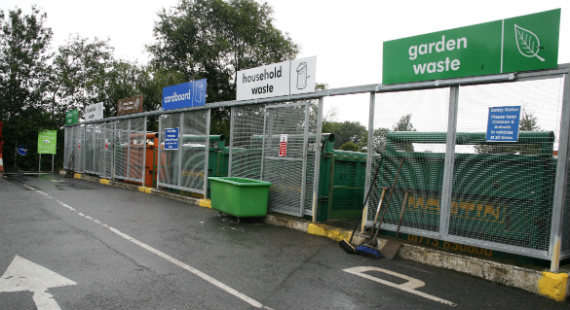 Household waste recycling centres – Advice for visiting during Easter period
Household waste recycling centres – Advice for visiting during Easter period
 AstraZeneca workers toy drive to support Children’s Ward at Macclesfield Hospital
AstraZeneca workers toy drive to support Children’s Ward at Macclesfield Hospital
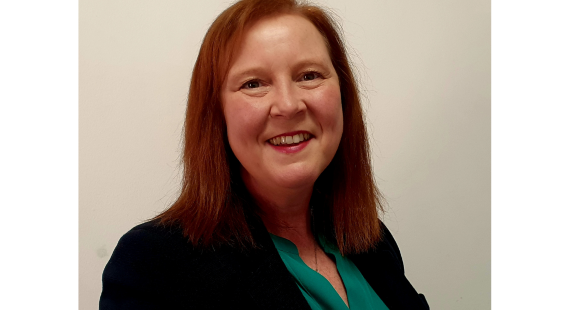 Council appoints new executive director of children’s services
Council appoints new executive director of children’s services
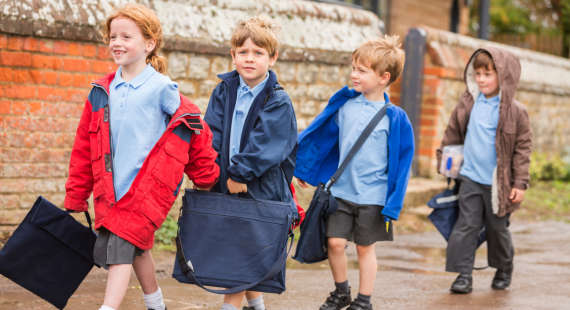 99% of Cheshire East parents secure preferred primary school place
99% of Cheshire East parents secure preferred primary school place
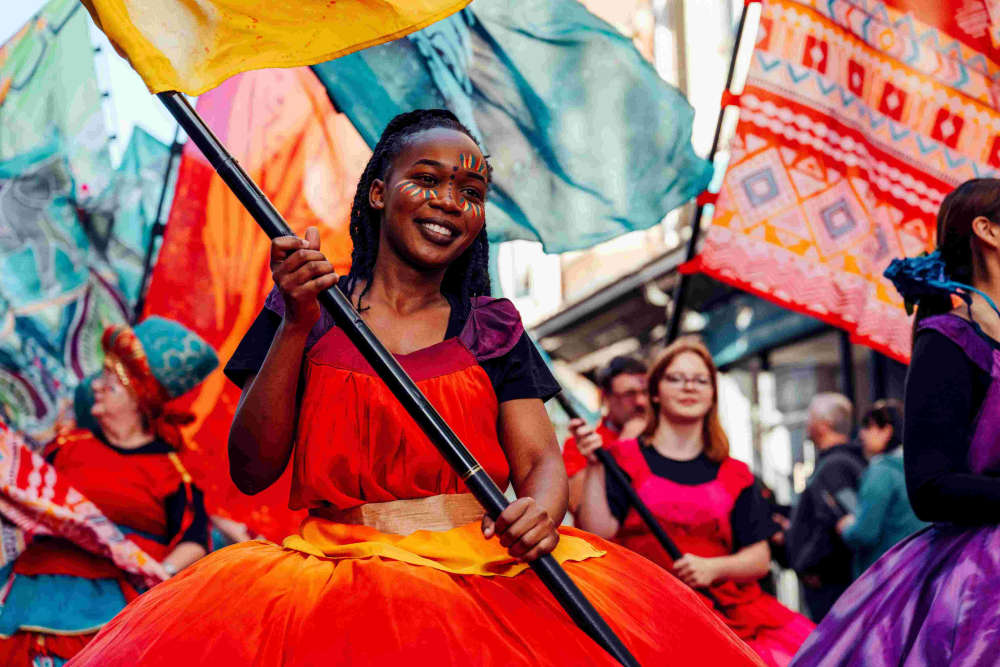 Young Northwich and Winsford to join globally inspired Carnival
Young Northwich and Winsford to join globally inspired Carnival
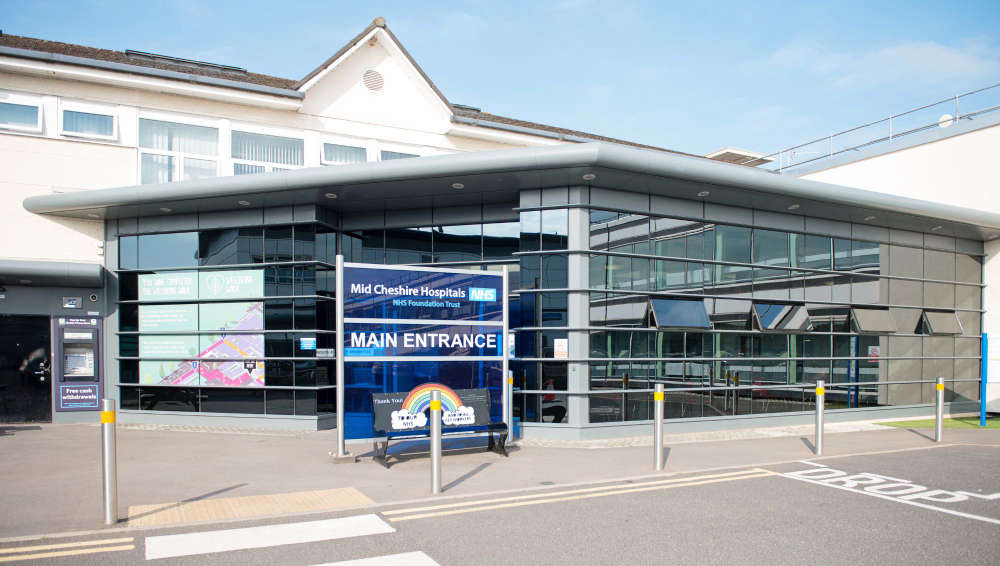 Government approves major funding for state-of-the-art Leighton Hospital facility
Government approves major funding for state-of-the-art Leighton Hospital facility
 Teenager sentenced for stabbing another boy in Congleton
Teenager sentenced for stabbing another boy in Congleton
 Appeal for witnesses and footage following collision in Alderley Edge
Appeal for witnesses and footage following collision in Alderley Edge
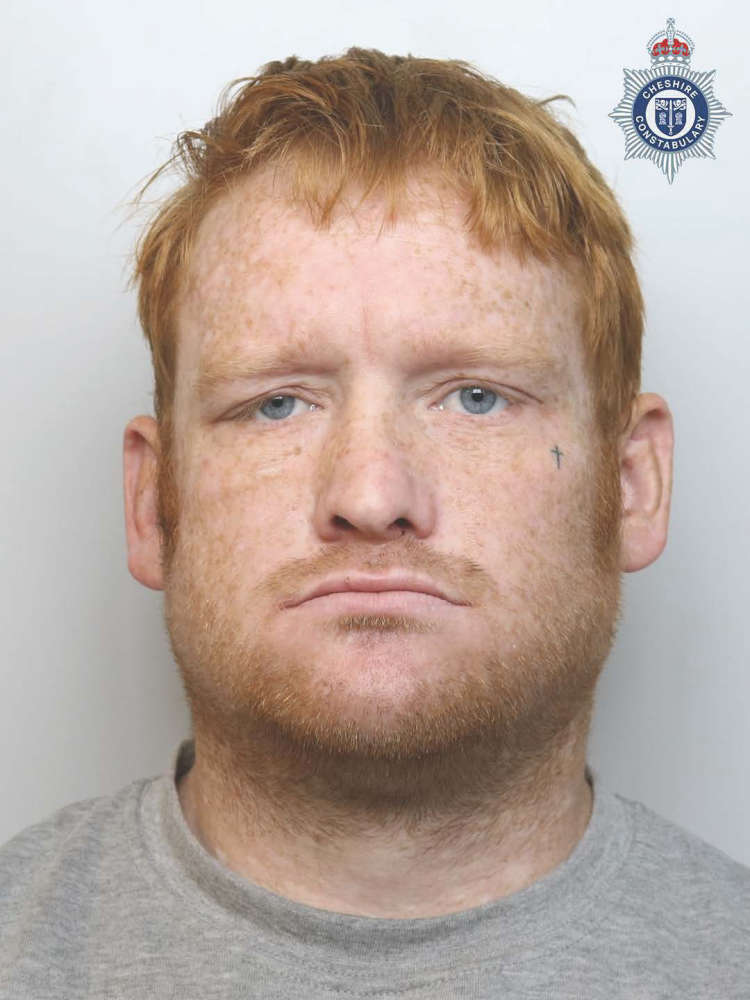 Man jailed for murder following stabbing in Northwich
Man jailed for murder following stabbing in Northwich
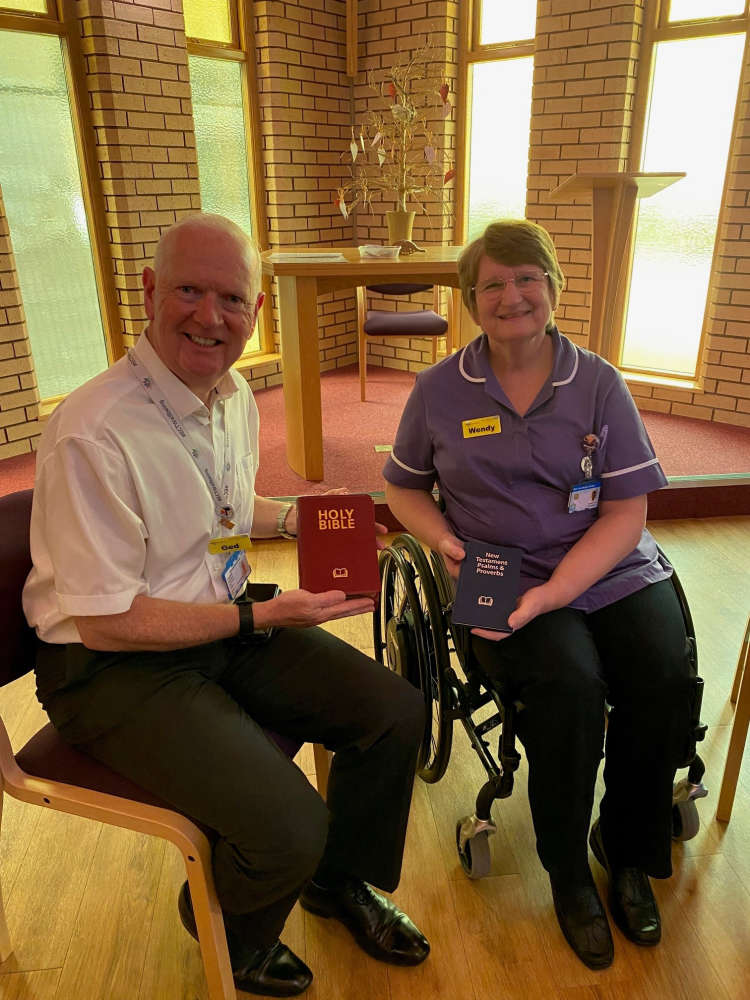 Bedside Bibles return to Macclesfield Hospital in time for Easter
Bedside Bibles return to Macclesfield Hospital in time for Easter
 Cosmic Threads: 80 Years of Discovery
Cosmic Threads: 80 Years of Discovery
 New stalls available at Macclesfield Market Hall
New stalls available at Macclesfield Market Hall
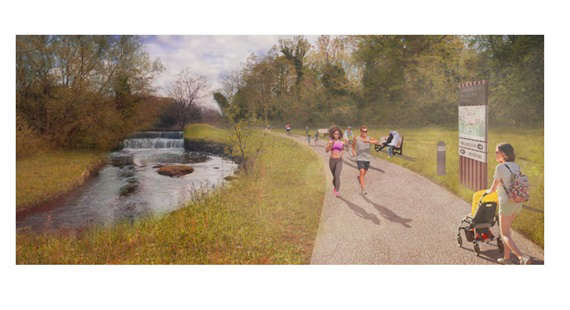 Council sets sights on major new trail to boost health, wellbeing and visitor economy
Council sets sights on major new trail to boost health, wellbeing and visitor economy
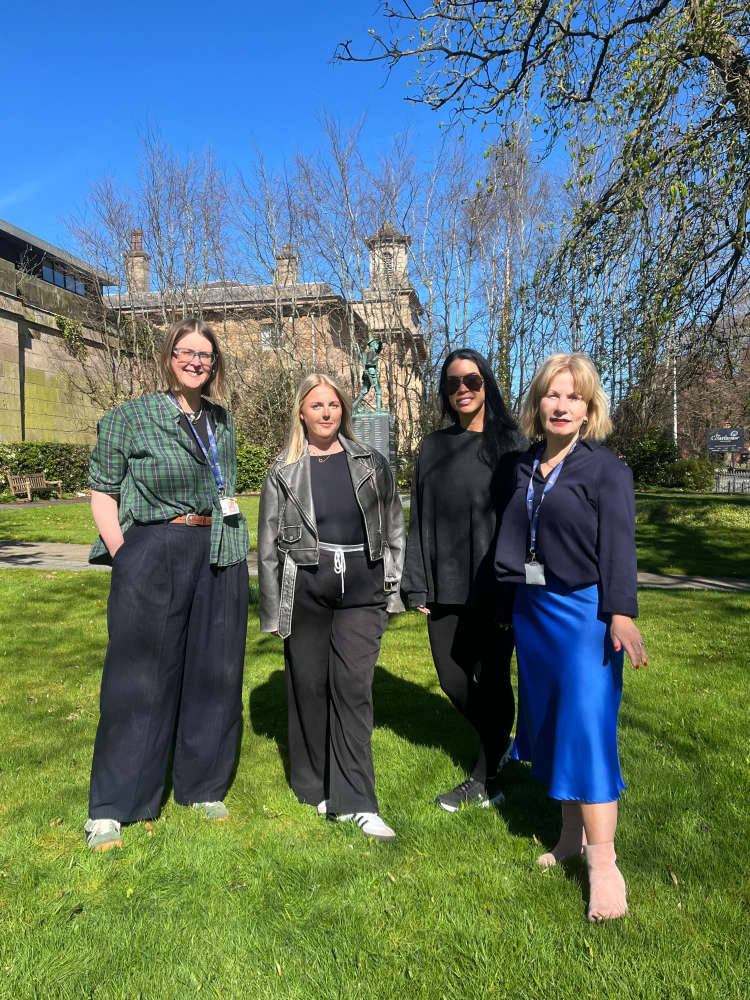 Knutsford Town Council renews partnership with The Royal Cheshire County Show
Knutsford Town Council renews partnership with The Royal Cheshire County Show
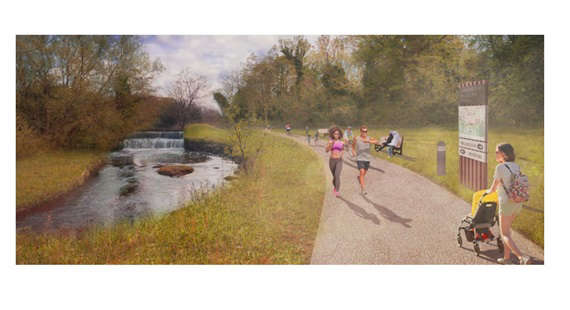 Major new trail to boost health, wellbeing and visitor economy
Major new trail to boost health, wellbeing and visitor economy
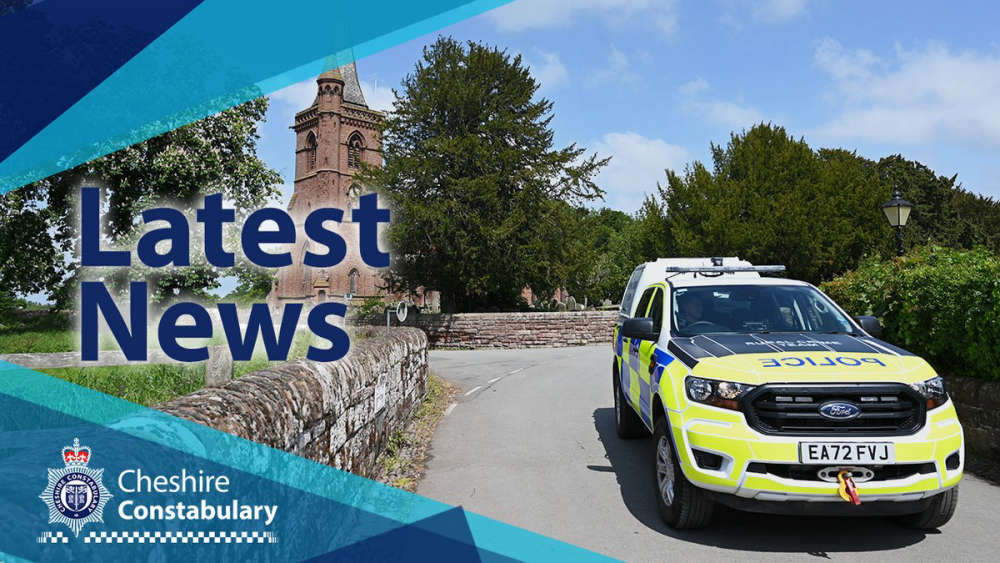 More than 60 premises targeted across Cheshire as part of NCA-coordinated crackdown
More than 60 premises targeted across Cheshire as part of NCA-coordinated crackdown
 Appeal for witnesses and footage following collision on M6
Appeal for witnesses and footage following collision on M6
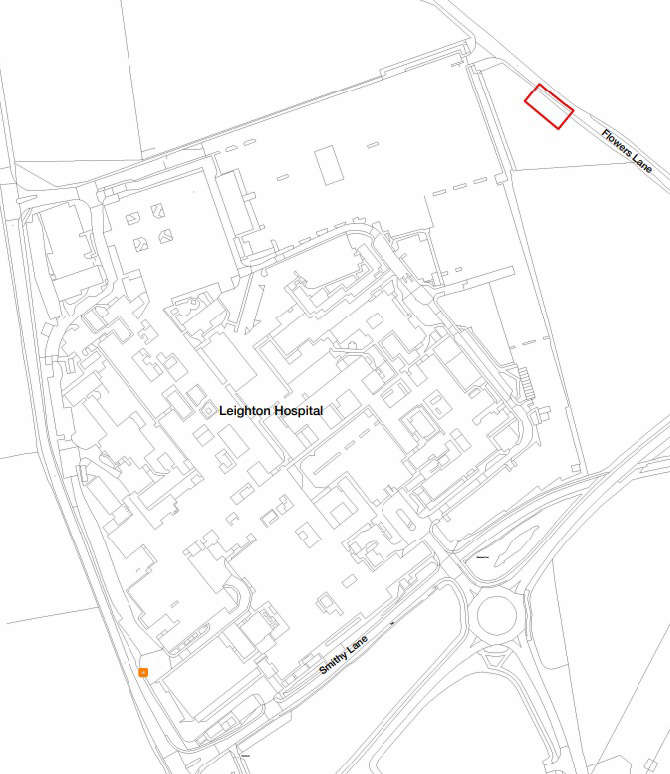 Laying the foundations for Mid Cheshire’s new hospital
Laying the foundations for Mid Cheshire’s new hospital
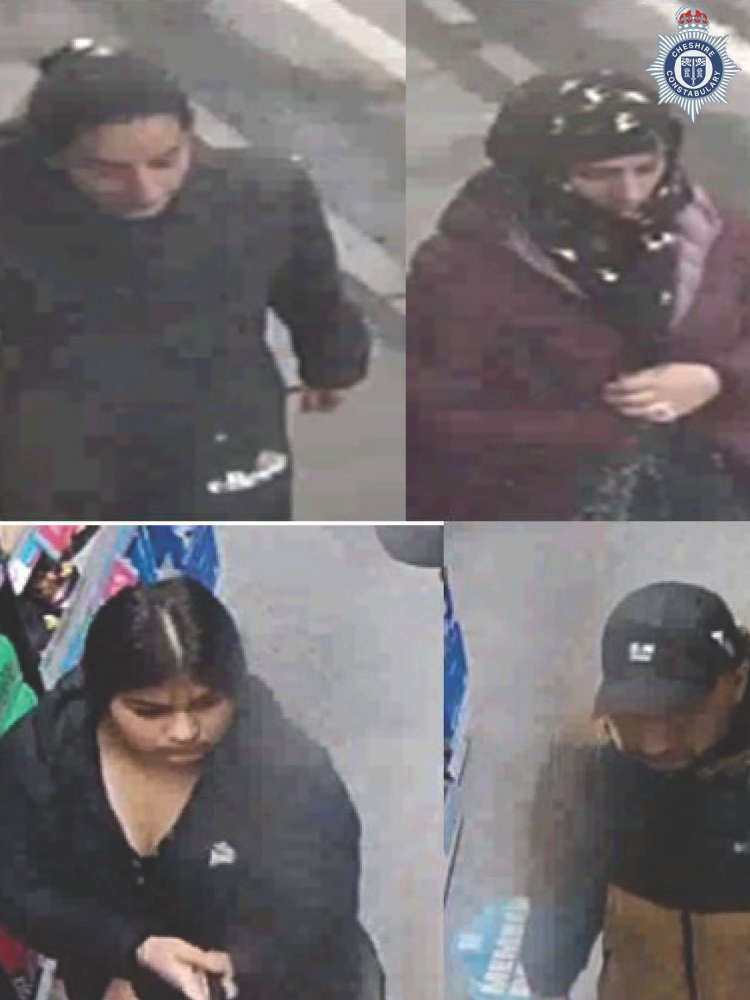 Police release CCTV following Macclesfield shop theft
Police release CCTV following Macclesfield shop theft

